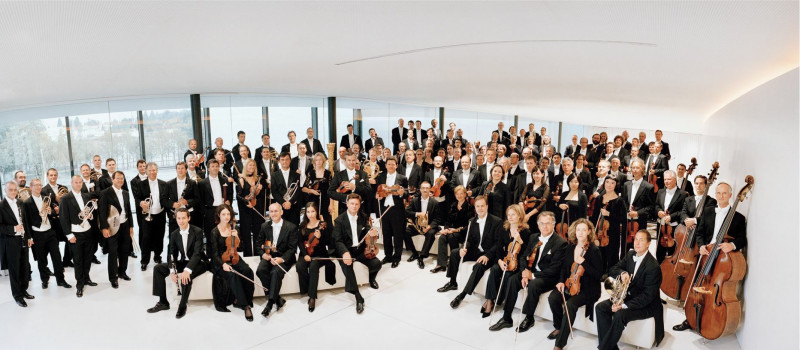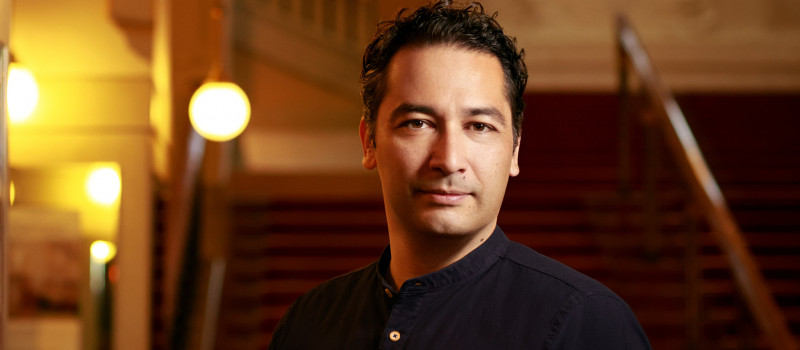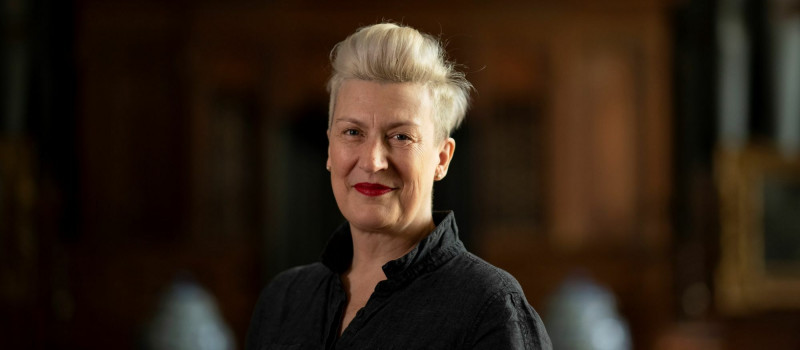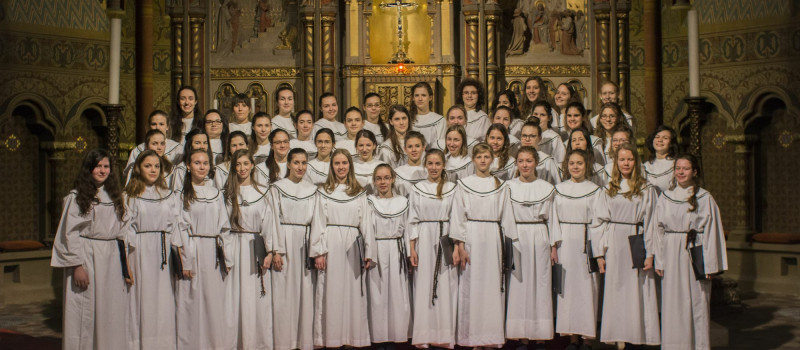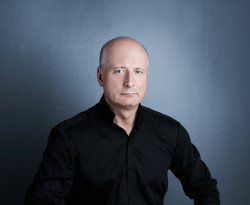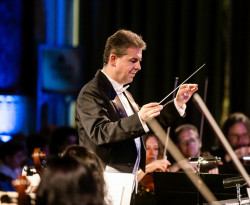Vienna Symphony Orchestra
Ticket prices
Please note that by buying tickets you are accepting the house rules at Müpa Budapest, which also include the latest regulations and security rules. You can read further details and find key information on this page.
Thank you for your understanding and cooperation.
Up until Beethoven's Ninth, the genre entailed four meticulously developed movements - within this sturdy formal framework were expressed psychological and emotional states of mind. After the Ninth, however, composers of symphonies found ways to depict entire worlds. Mahler's Third Symphony is also a depiction of a world, and is among the most significant, not to mention longest in length, pieces in the genre. Performing it this time will be one of Europe's finest orchestras, led by an internationally renowned conductor.
Presented by: Müpa Budapest
Sections
Conductor:
-
Andrés Orozco-Estrada
Featuring:
-
mezzo-sopranoSarah Connolly
-
Female Chorus of the Hungarian National Choir (choirmaster: Csaba Somos)
-
Children's Choir of the Zoltán Kodály Hungarian Choral School (choirmaster: Ferenc Sapszon, Borbála Sapszon)
Parking information
We wish to inform you that in the event that Müpa Budapest's underground garage and outdoor car park are operating at full capacity, it is advisable to plan for increased waiting times when you arrive. In order to avoid this, we recommend that you depart for our events in time, so that you you can find the ideal parking spot quickly and smoothly and arrive for our performance in comfort. The Müpa Budapest underground garage gates will be operated by an automatic number plate recognition system. Parking is free of charge for visitors with tickets to any of our paid performances on that given day. The detailed parking policy of Müpa Budapest is available here.
Safe ticket purchase
Dear Visitors, please note that only tickets purchased from the Müpa website and official ticket offices are guaranteed to be valid. To avoid possible inconvenience, we suggest buying tickets to our performances and concerts via the mupa.hu website, the Interticket national network (jegy.hu) or at our official ticket offices.

